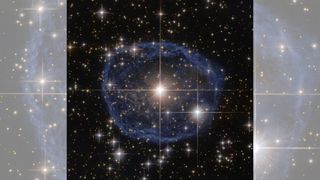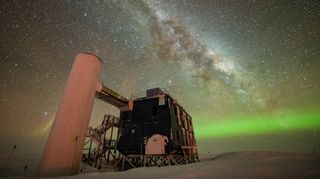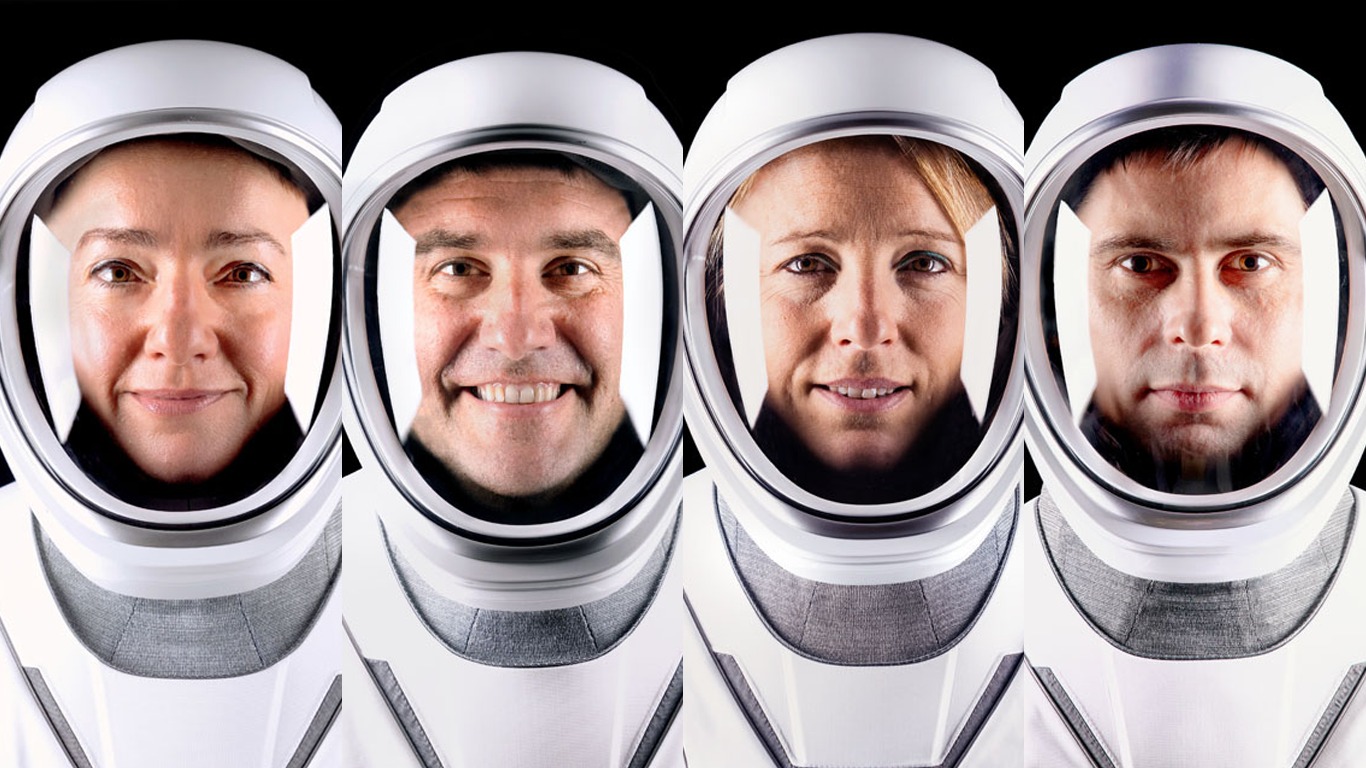Particle Physics
Latest about Particle Physics
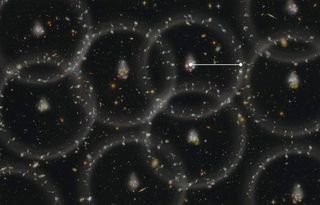
Galaxy shapes can help identify wrinkles in space caused by the Big Bang
By Sharmila Kuthunur published
A new method to detect Baryon Acoustic Oscillations in the universe could help measure cosmic distances more accurately.

Scientists discover strange 'singularities' responsible for exotic type of superconductivity
By Ben Turner published
Superconductors that work at temperatures much higher than absolute zero have befuddled scientists since they were discovered. A new theory might be about to change that.
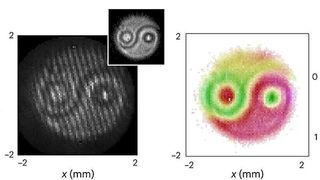
Quantum 'yin-yang' shows two photons being entangled in real-time
By Ben Turner published
The stunning experiment, which reconstructs the properties of entangled photons from a 2D interference pattern, could be used to design faster quantum computers.

Turns out you can transmit sound in a vacuum, just not very far
By Harry Baker published
For the first time, researchers were able to transmit, or "tunnel," sound waves across extremely small distances between two crystals in a vacuum.
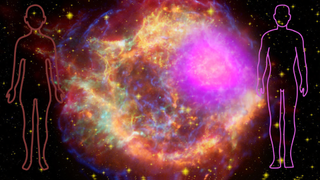
Are we really made of 'star stuff' and what does that even mean? (video)
By Robert Lea published
Astronomer Carl Sagan once said that humanity is "made of star stuff." In a new video, astrophysicist Suzanna Randall explains what that actually means and where the elements in our body come from.
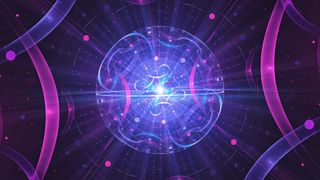
'Quantum superchemistry' observed for the 1st time ever
By Stephanie Pappas published
A new type of chemistry performed at very cold temperatures on very small particles enables quick, precise reactions.

Bizarre 'demon' particle found inside superconductor could help unlock a 'holy grail' of physics
By Ben Turner published
The transparent, chargeless quasiparticle could shed more light on the underlying mechanics of superconductivity
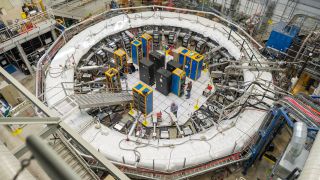
Wobbling muon experiment could reveal a 5th force of nature — if the results hold up
By Ben Turner published
The discovery promises to spark a revolution in physics, but more results are needed to know for sure.
Breaking space news, the latest updates on rocket launches, skywatching events and more!
